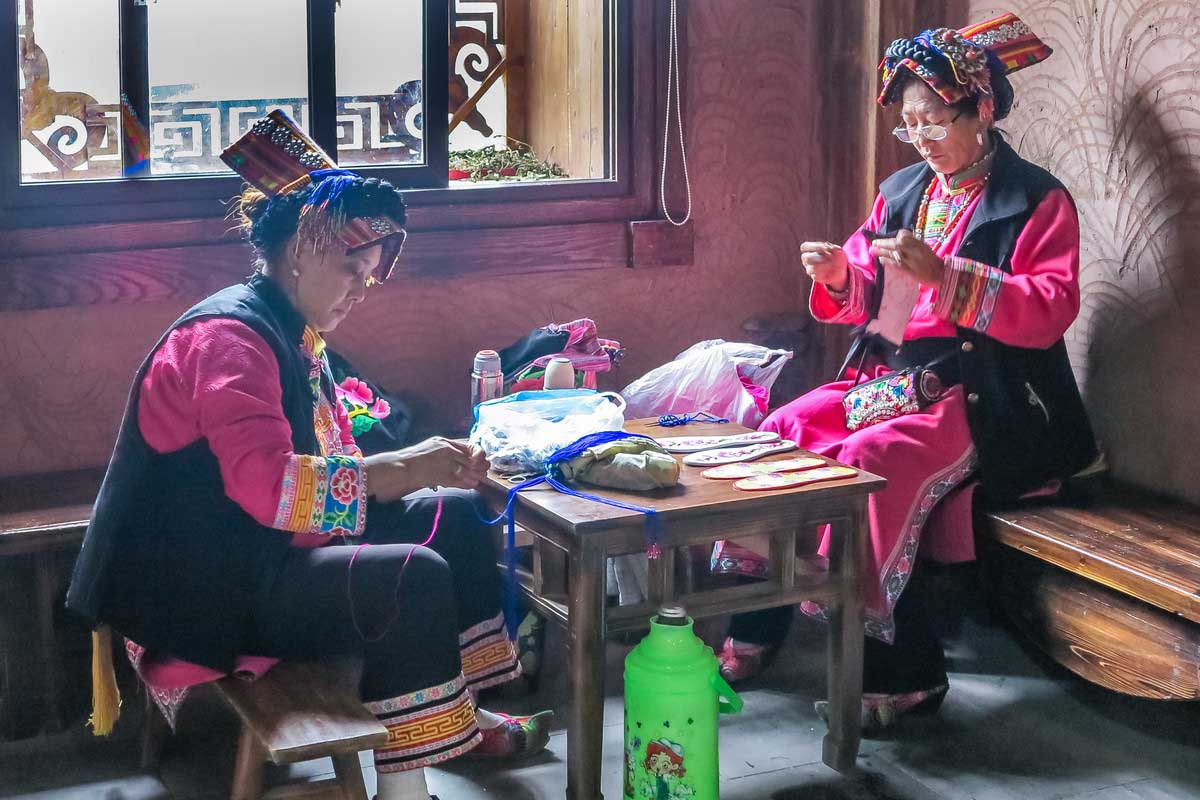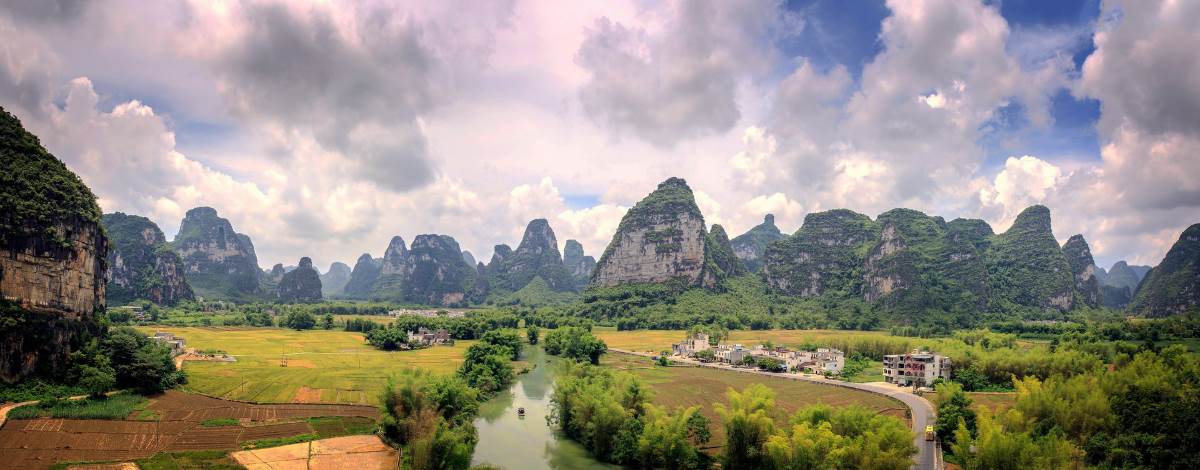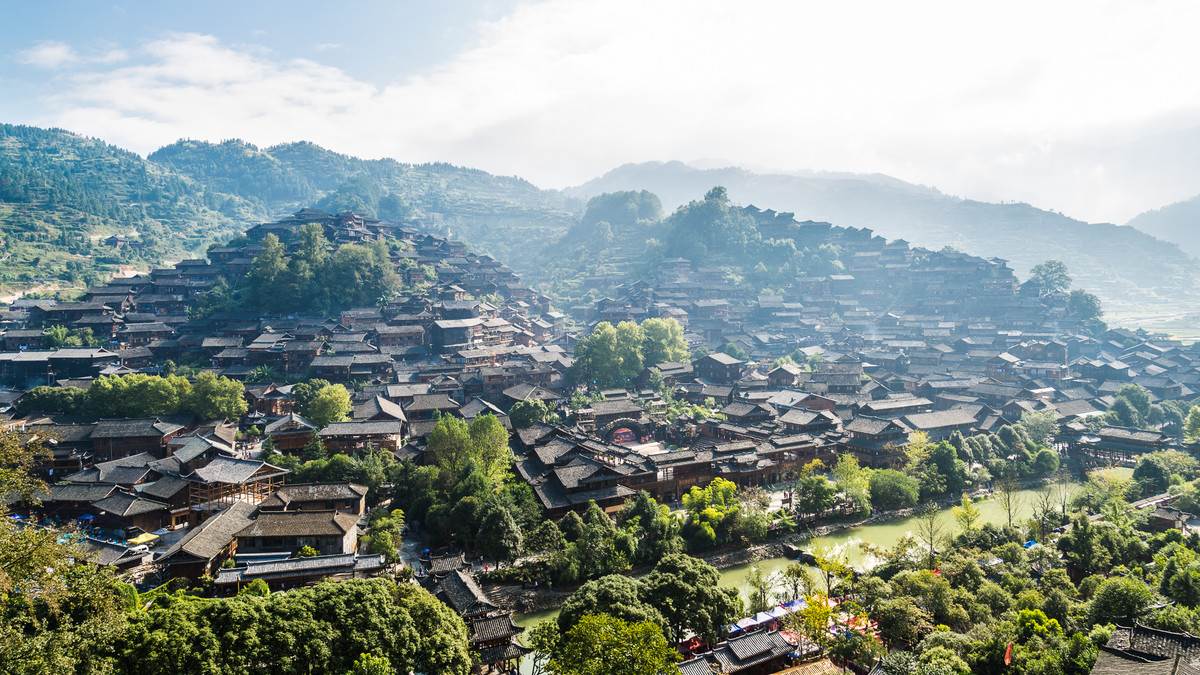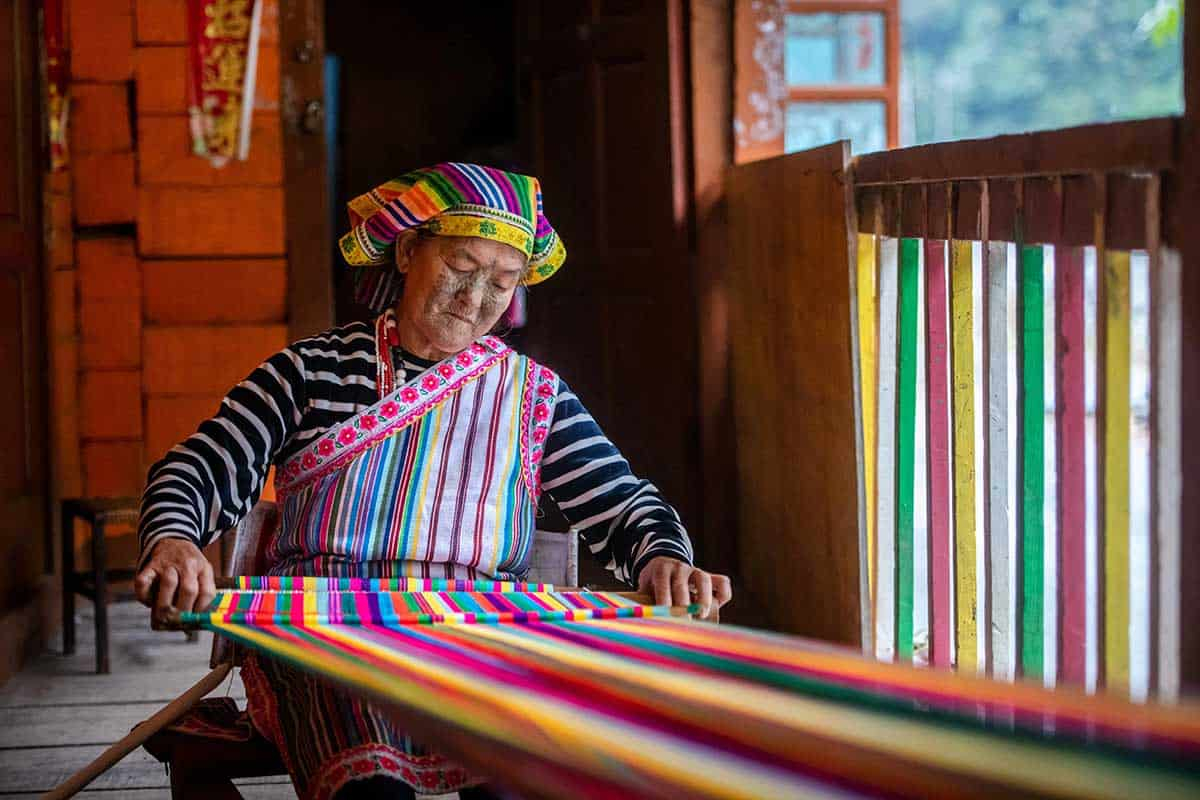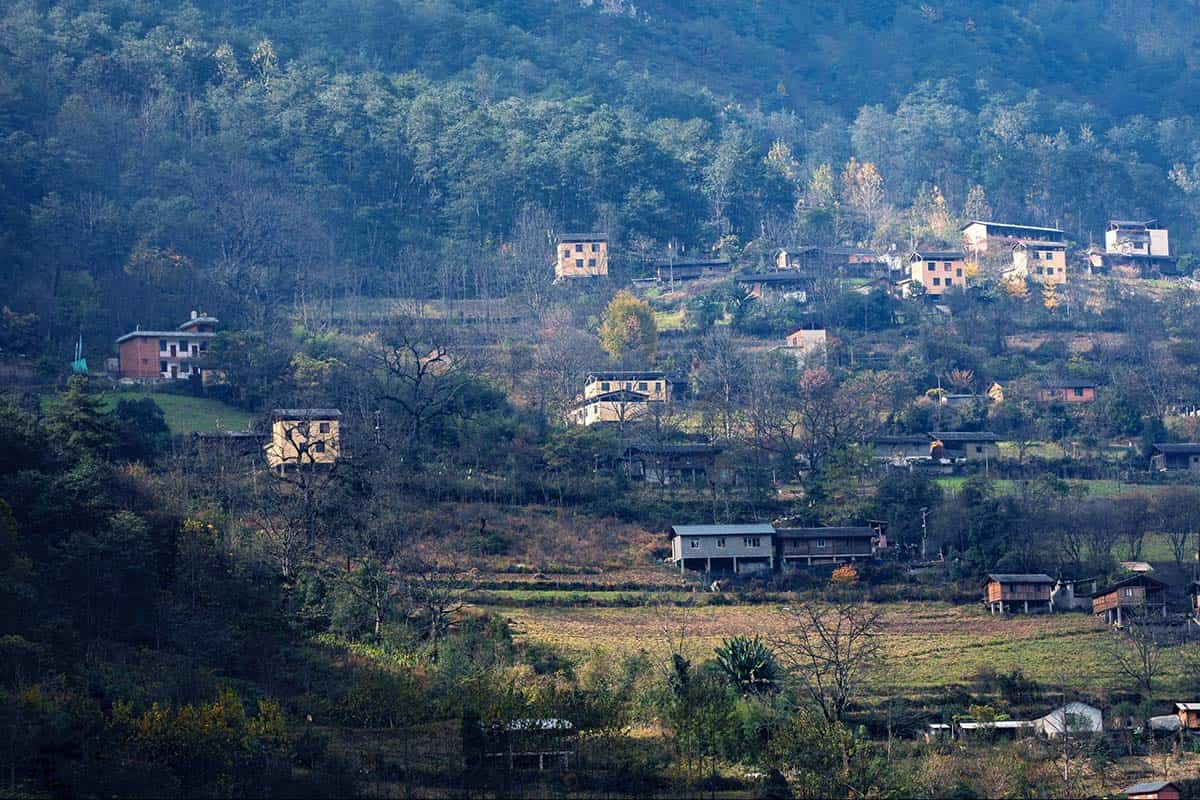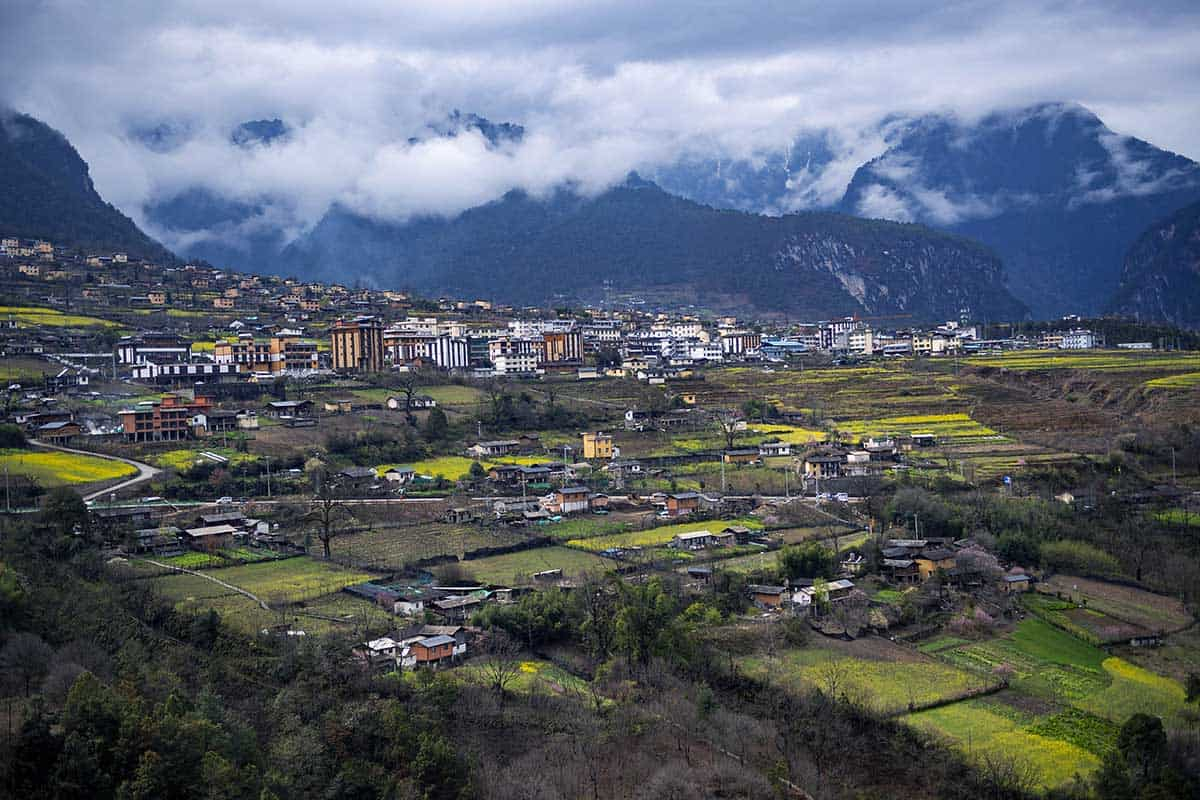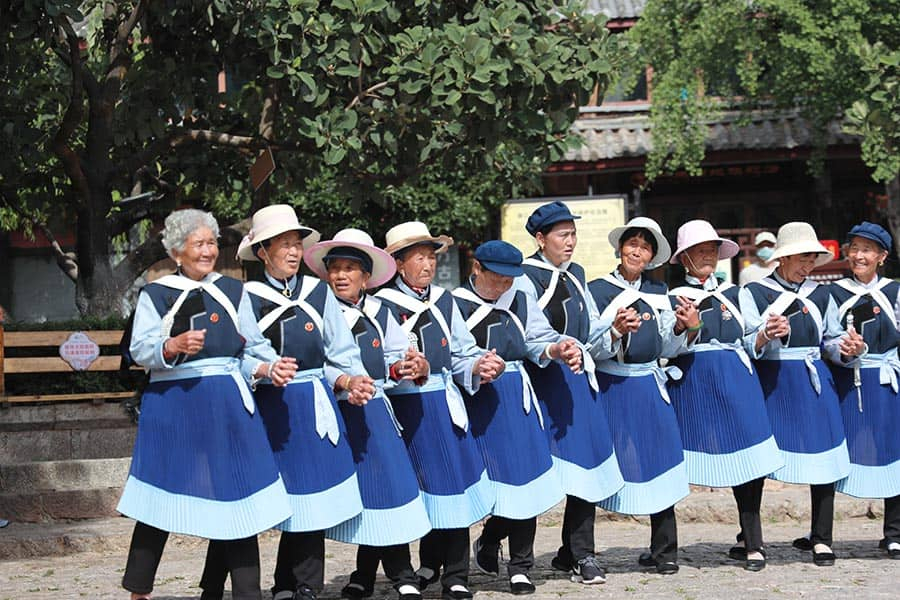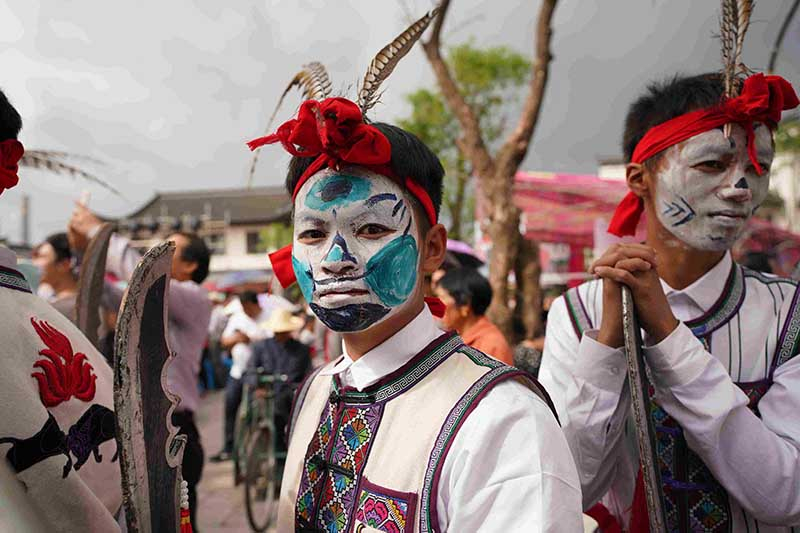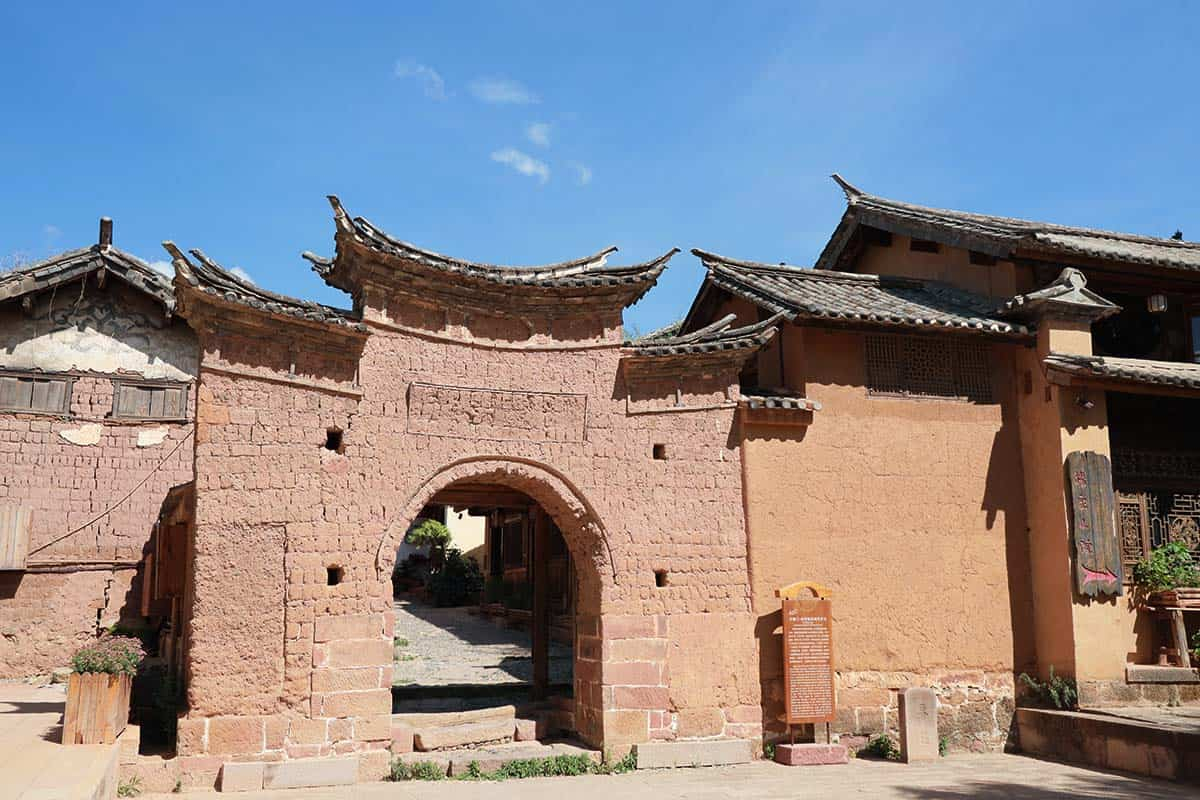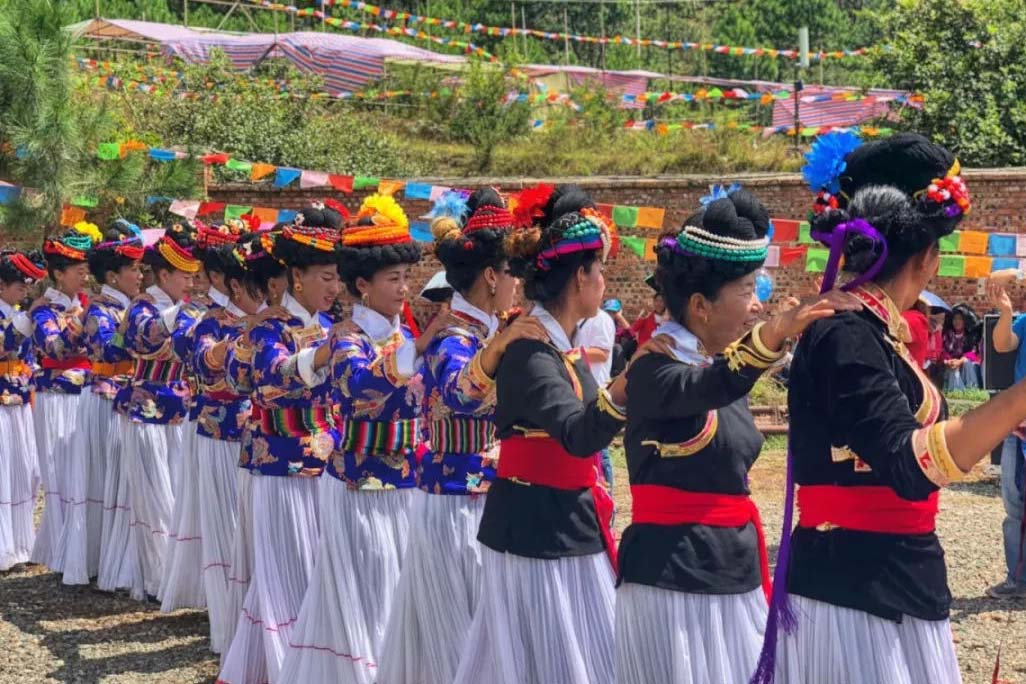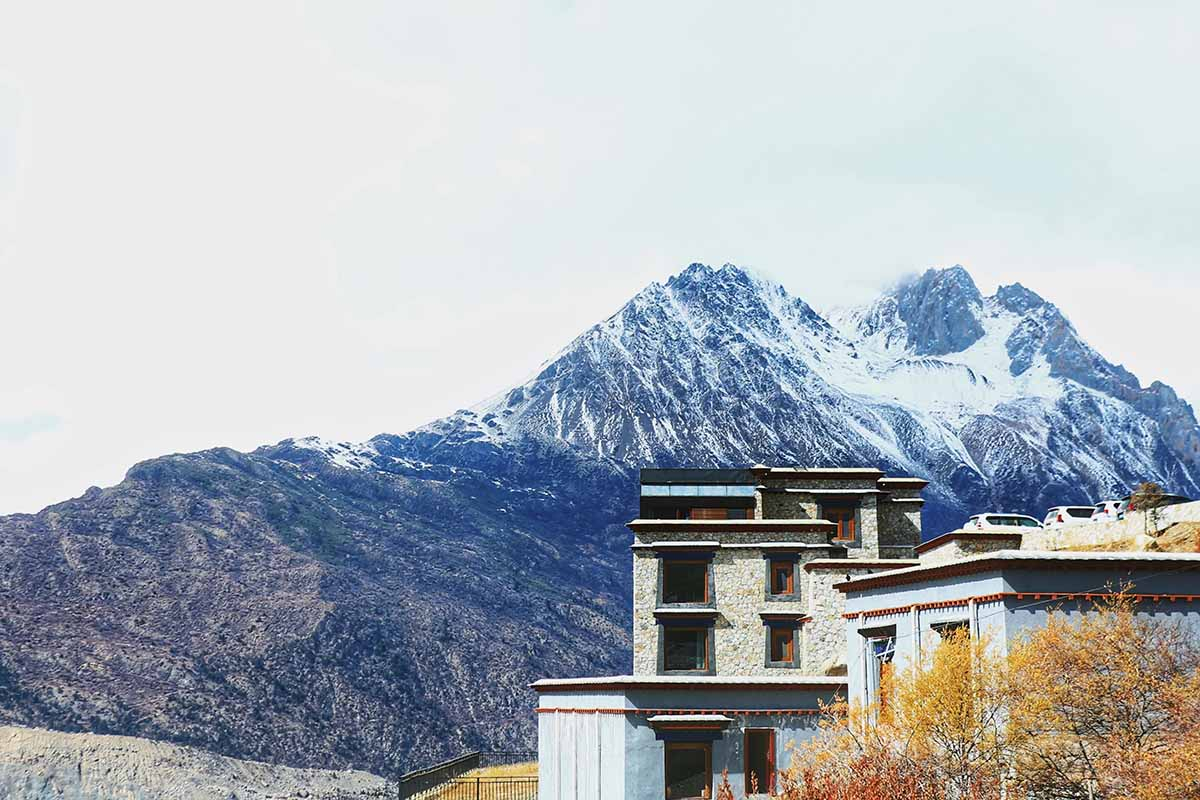Ethnic Custom - Mosuo Village,the Kingdom of Womnen
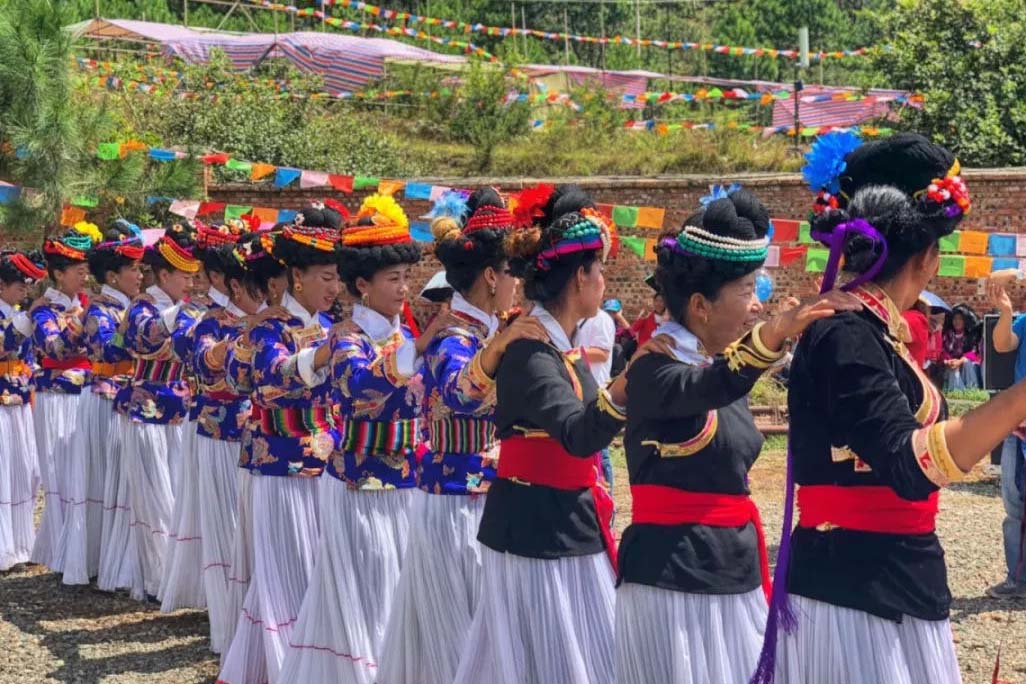
The Mosuo is a small ethnic group belonging to the Naxi, inhabiting in Yunnan and Sichuan Province. One of the best known, and least understood, aspects of Mosuo culture is their practice of what has been termed “walking marriage”.
Mosuo is the only matriarchal society in China that still exists with the system of “walking marriage”. There is no traditional marriage in Mosuo culture. Therefore, there are no husbands or wives. Children of such relationships are raised by their mothers and the mothers' families.
The Mosuo have large extended families, and several generations living together in the same house. Everyone lives in communal quarters, and there are no private bedrooms or living areas, except for women of an adult age.
All on-going sexual relationships in Mosuo culture are called “walking marriages.” These bonds are “based on mutual affection.” In the daytime, young men and women express their deep liking with each other by singing and dancing. With the emotional foundation to some extent, women invite men to visit their rooms at night and to leave the next morning.
The emotional breakdown marks the end of the relationship of walking marriage. Whether or not the father is involved, children are raised in the mother's home and assume her family name.
● Matrilineal society
Unlike other cultures, women in the Mosuo society dominate the household and family. They are responsible for housework, agricultural duties, and taking care of children. In a walking marriage, the ancestral line is most important on the wife's side of the family and the children of the couple reside and belong to the wife's family household.Considering women are responsible for most domestic jobs, they have a larger role in the walking marriage and are viewed with more respect and importance in this society.
Husbands in walking marriages have a much less involved role than wives. The husbands in these relationships are generally the figures who are in charge of all religious and political decisions for the family. Regarding the family responsibilities, the father or husband in the family does not have nearly as many responsibilities regarding the family as the wife does. In fact, the male relatives of the mother's side of the family, such as uncles and cousins, are generally the "father figure" to the husband's children. The mother's brothers occupy the central role in the household. Their roles include disciplining children, caring for them, and supporting the children financially.Since the husband and wife live with their separate immediate families, they help take care of the families' children and issues regarding their household. Even though fathers are involved in their sister's children's lives, they are not necessarily involved in their biological children's life. In walking marriages, the involvement of a father in his child's life is optional. If a father decides to be involved in the upbringing of his own biological child, he can bring gifts and help with work around the woman's household. This relationship can be performed regardless if the woman and man are still in the walking marriage and it gives the man a type of "official status" among the family without being fully involved.
● Lifestyle
Mosuo culture is primarily agrarian, with work based on farming tasks such as raising livestock (yak, water buffalo, sheep, goats, poultry) and growing crops, including grains and potatoes. The people are largely self-sufficient in diet, raising enough for their daily needs. Meat is an important part of their diet and, since they lack refrigeration, is preserved through salting or smoking. The Mosuo are renowned for their preserved pork, which may be kept for 10 years or more. They produce a local alcoholic beverage made from grain, called sulima, which is similar to strong wine. Sulima is drunk regularly and usually offered to guests and at ceremonies and festivals.
Local economies tend to be barter-based. However, increased interaction with the outside world brings greater use of a cash-based trade system. Average incomes are low (US$150–200 per year), causing financial restrictions when cash is needed for activities such as education or travel. Electricity has been introduced in most Mosuo communities, but some villages still lack electric power.
Mosuo homes consist of four rectangular structures arranged in a square, around a central courtyard. The first floor houses livestock, including water buffalo, horses, geese, and poultry. The main cooking, eating and visiting areas are also on the first floor. The second floor is commonly used for storage and for the bedrooms.
● Role of women
As soon as a Mosuo girl becomes old enough, she learns the tasks that she will perform for the rest of her life. Mosuo women do all the housework, including cleaning, tending the fire, cooking, gathering firewood, feeding the livestock, and spinning and weaving. In the past, due to isolation, Mosuo women produced all their own household goods. Today, due to increased trade with surrounding villages and cities, it is easier to obtain goods. Nevertheless, some Mosuo women, especially those of older generations, know how to use looms to produce cloth goods.
● Role of men
According to some, men have no responsibility in Mosuo society—they have no jobs, rest all day, and conserve their strength for nighttime visits.However, Mosuo men do have roles in their society. They help to bring up the children of their sisters and female cousins, build houses and are in charge of livestock and fishing, which they learn from their uncles and older male family members as soon as they are old enough.
Men deal with the slaughter of livestock, in which women never participate. Slaughtered pigs, in particular, are kept whole and stored in a dry, airy place that keeps them edible for up to ten years. This is especially helpful when harsh winters make food scarce.
You Might Like
- HOTEST
- RECOMMEND
